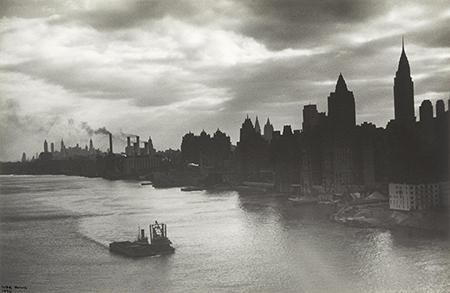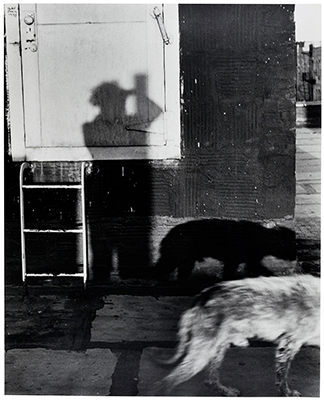
- This event has passed.
New York City and the Experience of Modernity
Fri, May 21, 2021 @ 5:30 PM - 7:30 PM
$30 – $60
with Thomas Wensing
2 MORE SESSIONS
Mr. Perry flicked at the burdock leaves with his cane. The real-estate agent was pleading in a singsong voice:
“I dont mind telling you, Mr. Perry, it’s an opportunity not to be missed. […] In six months I can virtually guarantee that these lots will have doubled in value.”
— Dos Passos, John; Manhattan Transfer, Penguin Books, Inc New York, 1925, first penguin books edition 1946, p.11-12
This is a seminar about New York City and its people. It is not a study of architectural styles and objects, – although the physical stuff of cities does play a role -, but it is a course about the experience of the way in which modernity builds and destroys cities.
Modernity is a historical force. It is messy. In architecture history modernity is usually narrated as an interplay between the combined forces of the Industrial Revolution and capital, with social upheaval, explosive population growth and immigration as its result. The invention of new materials and new technologies stimulated new forms, structures, typologies, and — in the most optimistic accounts — new forms of living. In this formal reading the historian looks at the artefacts produced by these forces as cultural evidence: railway stations, factories, powerplants and switching stations, dams, canals and railway lines, skyscrapers, tenements, and department stores, are all comparatively assessed, but rarely is the subjective experience of these spaces and landscapes considered.
The United States traditionally has had a fraught relationship with its cities in both a positive and a negative sense. Urban areas were, and are, pictured as alleged dens of vice, disease, and social corruption, while others project utopian aspirations onto the city which are hard to fulfil in the best of circumstances. Even social science, which intends to accurately describe the effects of economic change on the social fabric, lacks by nature the discursive framework to communicate the emotive impact of these processes on individual subjects.
—Walter Siebel; Die Kultur der Stadt, Suhrkamp Verlag Berlin, 2015, 2nd print, 2016, p.39-40 Walter Siebel sees literary studies as a necessary complement to the social sciences, to offer necessary detail to the abstraction of numbers.
In this semester the course participants will be presented with multiple views of the same topic; one drawn from the professional literature, and one from fiction or biography. Two datasets are compared: that of sociologists, urban planners, geographers, and architects, with that of the subjective vantage point of the biographical account or the fictional character. Writers and novelists have been able to direct the gaze at groups which have been excluded from the path of progress, – as it was defined and constricted by society – to express diverging meanings to life in the metropolis. Theirs were often minority views, but in expressing them, they were able to carve out space for the ‘other’, and they have expanded the conversation and imagination in indelible ways. A question which looms large in this seminar is the relationship between individual agency and collective action. The seminar encourages the expression of personal, familial, local, and ethnic explorations and to tie these to larger societal trends.
—Marshall Berman, All That Is Solid Melts into Air – The Experience of Modernity, Simon & Shuster, New York, 1982, Verso, London, Brooklyn, 2010, p.346-347.
Each week will consist of a visual presentation, a related lecture with group discussion.
Thomas Wensing is a Dutch architect who teaches architecture and architectural history at Kean University in NJ. He writes regularly on the intersection of architecture and politics.

